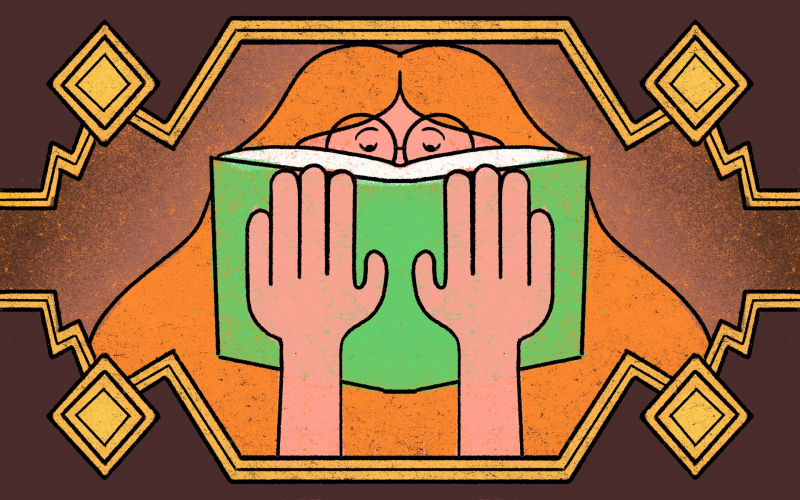Expert with ITMO University’s Center for Science Communication; specialist in higher education management; translator.
Three Great Detective Novels to Check Out
I’ve been a huge mystery fan since I was a kid. I love it so much that once, when I was around twenty, I decided to re-read all the Sherlock Holmes stories in chronological order. But what makes a good whodunnit? You know you’re reading a brilliant novel when you’re so inside the story that you forget about unmasking the murderer. Read on to discover three great detective novels of the last decade.

1. The Seven Deaths of Evelyn Hardcastle by Stuart Turton

Sharing the motives of Groundhog Day, the novel starts as Dr. Sebastian Bell awakens in a forest suffering from memory loss. Later on, it turns out that he isn’t a medical doctor and his name is Aiden Bishop.
The Hardcastle family throws a celebration at their estate, Blackheath House. On the night of the masquerade ball, their daughter is murdered. But Evelyn won’t die just once. The day will repeat itself over and over again until Aiden can find her killer and break the circle. But with each failed attempt, Aiden keeps waking up in a different body with no memory of the previous days.
Stuart Turton is a great storyteller with an extraordinary narrative style. Galina Yuzefovich, a famous book critic, says that this puzzling story has more in common with a computer game than a novel as we know it. What’s believed to be a mashup of Downton Abbey, Inception, and Groundhog Day is actually unlike anything you’ve ever watched or read.
2. Little Fires Everywhere by Celeste Ng

Although this novel can hardly be called a traditional detective story, it is still a real page-turner.
Everyone in Shaker Heights believes that the Richardsons' youngest daughter has lost her mind and set her own house on fire. The family has a good reputation: Mrs. Richardson is a perfect wife and mother, and her children are successful and ambitious. Everything was as it ought to be until the mysterious artist Mia Warren appeared in town.
The book touches on several important topics. As you probably guessed, Celeste Ng is a Chinese-American author, so one of the novel’s central conflicts is rooted in cultural integration and appropriation. She also explores the eternal topic of parents and children: unrealistic expectations, anxiety that nearly overpowers love, and consequences ensuing from these issues.
3. Le Passager by Jean-Christophe Grangé

When examining a patient with an unusual case of amnesia, the psychiatrist Mathias Frere is alarmed to discover that he, too, has a rare psychological disorder called dissociative fugue. People in fugue state purposefully move into new places, erase their identity, and create brand new ones. Yet these people can still learn new things and remember the basic facts about the world, culture, and history.
Again and again, Mathias loses his memory and creates new identities for himself. The situation becomes even worse when the police start to suspect him as the perpetrator of a bloody murder — and even Mathias is unsure of his innocence.
Even though Grangé's novels are often accused of superficiality, I don’t find that to be true for Le Passager. Besides, not only utmost masterpieces deserve our time and attention.
